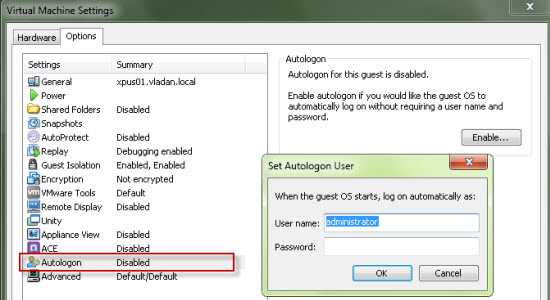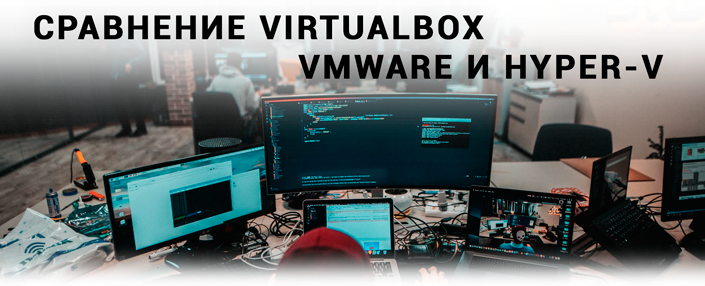

If you do that they tie at 8.6 for the top spot.īefore you dismiss Virtual Box out of hand take a good look at the matrix. So lets drop ease of use and "value" from the matrix. It maybe slightly more difficult to install but once installed it is trivial to use. I have used Virtual Box and I find that it getting bumped down for ease of use is a bit silly. It was fine, just not easier than Virtualbox. I didn't find Vmware as easy to use (rated 9/10). But, the best part is that it is open source (there is a closed version with a few more features) and FREE. In addition, it has VT-x and AMD-V support, but it isn't required. Virtualbox also has a huge array of support for OS's - pretty much every Linux flavor, all Windows verisons from DOS/Win 3.x to Win 7/2008 R2, OpenBSD, FreeBSD, BeOS, Haiku etc. The VM runs very well and starts up incredibly fast.


I'm currently running Ubuntu 9.10 x86 in Windows 7 Professional 圆4, sharing 4 CPUs and allocating 512 MB of RAM to the VM. It has a simple GUI interface to setup your VM, provides sane settings by default, and allows lots of optimizations (like increasing # of cores used and 3D accel) easily. I've played around with VMWare 7, Virtualbox, and VirtualPC, and Virtualbox is about as easy as a virtualization program can get. I just wanted to say that I have some experience with Virtualbox 3.1 and I disagree with the "ease-of-use" assessment of 7/10. 'All support 32- and 64-bit Windows and Linux hosts and guests, and all have added compelling new VM management capabilities, ranging from automated snapshots to live VM migration.'"

'There's some genuine innovation going on, especially in the areas of hardware support and application compatibility,' Kennedy writes. Meanwhile, Parallels finally offers a Desktop for Windows on par with its Mac product, as well as Workstation 4 Extreme, which delivers near native performance for graphics, disk, and network I/O. Snydeq writes "InfoWorld's Randall Kennedy takes an in-depth look at VMware Workstation 7, VirtualBox 3.1, and Parallels Desktop 4, three technologies at the heart of 'the biggest shake-up for desktop virtualization in years.' The shake-up, which sees Microsoft's once promising Virtual PC off in the Windows 7 XP Mode weeds, has put VirtualBox - among the best free open source software available for Windows - out front as a general-purpose VM, filling the void left by VMware's move to make Workstation more appealing to developers and admins.


 0 kommentar(er)
0 kommentar(er)
